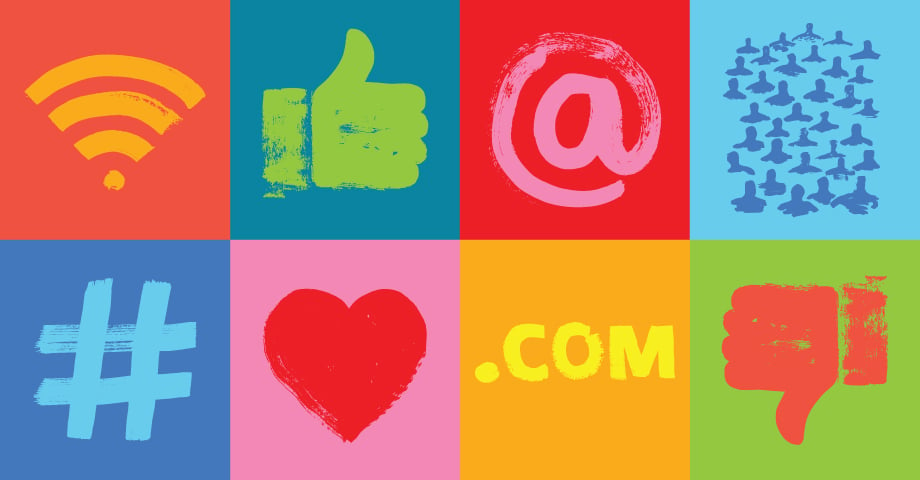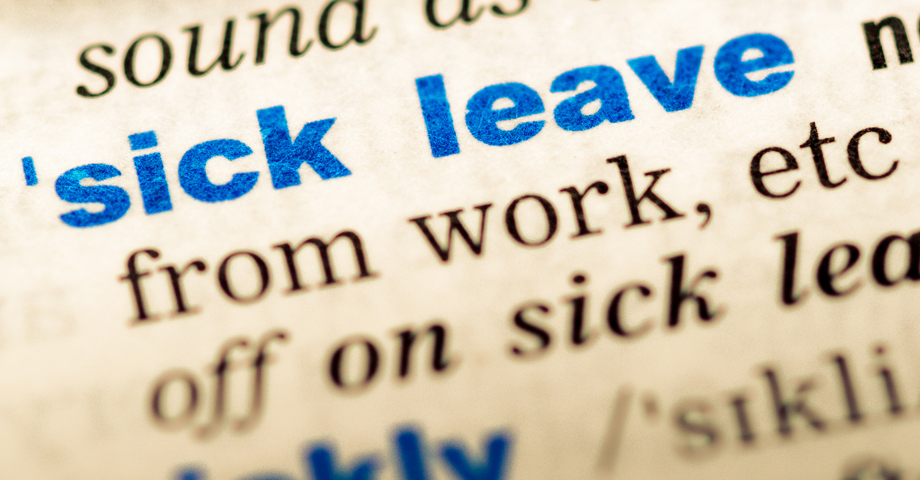The millennial effect on health and wellness in the workplace
By Enterprise Health on Jul 16, 2019 11:00:00 AM

Millennials became the largest generation in the U.S. labor force just a few years ago according to a Pew Research Center analysis of U.S. Census Bureau data. That same year, Gallup conducted a study looking at how millennials want to live and work. The results provide important insights into what motivates young adults who were born between 1981 and 1996 as well as the expectations they have of their employers.
Employers looking for opportunities to improve the health of their employees should note that nearly one in four millennials smokes. Even though the overall smoking rate in the U.S. has steadily declined since 2008, the study found that millennials have the highest smoking rate of all generations. This is somewhat surprising considering the study also found this group places high value on well-being. They want to be healthy, have a purposeful life, maintain active community/social ties and achieve financial stability.
On a positive note, millennials fared a little better than the rest of the population when it comes to obesity. Slightly more than 20 percent of millennials fall into the obese category compared with an overall rate of more than 28 percent.
So, why are these findings important to employers?
Smoking and obesity are two leading health risks that can lead to the chronic diseases that are responsible for a majority of healthcare spending in this country. Here’s what the Gallup report says: “Using U.S. Centers for Disease Control and Prevention (CDC) national goals, if millennials could reduce their obesity rate to 15% and their smoking rate to 12%, the savings in healthcare use alone would be roughly $22 billion annually. Based on Gallup estimates, this would also save U.S. employers another $56 billion combined in reduced absenteeism — currently a result of poor health and reduced partial absenteeism for average smoking breaks.”
That’s big money and a big reason for employers to target millennials with lifestyle programs such as smoking cessation assistance, and nutrition, exercise and weight loss counseling. By intervening now, employers can avoid significant costs down the line. Plus, workers in this generation expect it. The study showed that millennials view their jobs as more than just a way to earn a paycheck. It is an important part of their life. They want to feel valued, have the opportunity to learn and grow, and to be engaged with their employers and their work.
The key to connecting with this group is frequent communication and addressing the issues that matter to them. Many of our Enterprise Health clients are using our portal functionality to engage employees. They send alerts and promote special events to increase participation in the health and wellness programs they offer — all with the goal of helping to create a healthier workforce and a healthier bottom line.
Want to know more? Request a demo.
You May Also Like
These Related Stories

Making a case for the expanding role of occupational health services

More employers expand onsite clinics to include primary care
